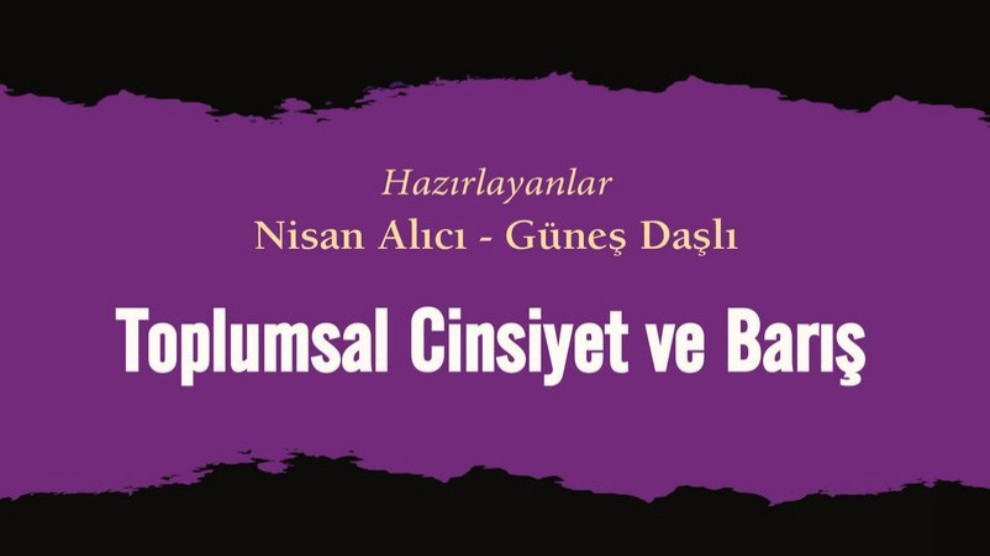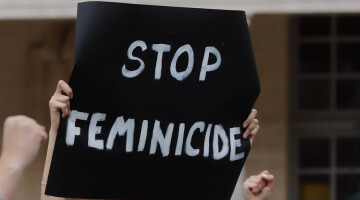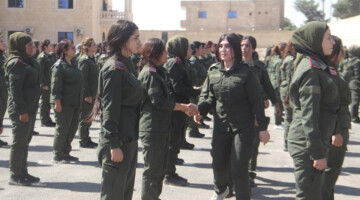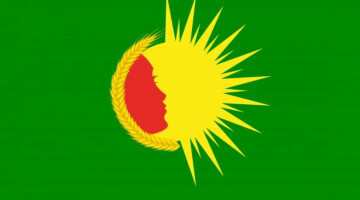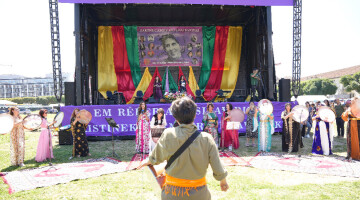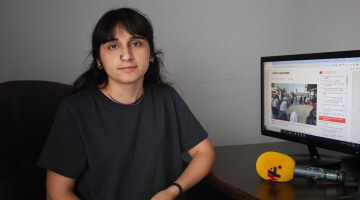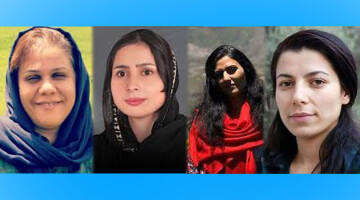Even if it witnessed unilateral ceasefires from time to time and even underwent a “solution process" for almost two years, there is still no prospect of peace for the ongoing war in Kurdistan.
The war has gone on for almost 40 years, but the fact that there is no possibility of peace in the near future does not mean that there will be no struggle.
Today there is a momentum, an urgency, among the social base that wants to talk about peace rather than war. It would not be wrong to say that this urgency is driven by women.
On the other hand, the involvement of women in both war and peace processes like Rojava has meant that for the first time gender is addressed in these lands, and it shows how much it is necessary to think and discuss such a process.
Women and LGBTI people are the ones who suffer the most from the war in terms of gender. It is unlikely that a process without a woman and a gender-based approach would go further than a contract within the patriarchal system itself, while the wounds of war are wrapped up or discussed.
It is difficult to talk excluding gender
The Gender Society and Peace Book published by Nisan Alıcı and Güneş Daşlı for Dipnot Publishing addressed the issue of gender looking at countries in conflict or emerging from war and involved in a peace process and is looking at how the demands of women and LGBT are responded to. It is a contribution to the discussion going on in Turkey on these issues.
Alıcı and Daşlı, who drew attention to women and their opposition to the war which has been going on for more than 40 years in Kurdistan, said: "Women who were directly affected by the war in Kurdistan and often felt responsible for it were the ones who raised the call for peace the most. The steps taken to build peace often included demands for justice, the struggle for memory, opposing the various dimensions of social inequality, and the demands for gender equality."
The book examines the peace processes that have taken place in many countries and draws attention to the importance of feminist and gender-based interpretation of war and peace.
On the other hand, the book underlines the missing aspect of the discussions, namely the conceptual dimension. To this end, the books presents many examples of discussion about hegemony, masculinity, femininity, violence and gender.
The book also emphasizes the authenticity of many peace processes and points out at the importance of identity and class. The book insists that there will be major shortcoming in the war or peace process without including gender and women and LGBTI.
As an example of similar processes in countries despite all differences, the book underlined the peace process in Colombia which shows that experiences can be shared: "When we look at the Colombian issue, - said the authors - the land issue is one of the important topics to be discussed in the solution of the Kurdish problem. Gender analysis should be made when it comes to territorial issues and forced migration and return to the village in the 1990s in Turkey. It is important to create mechanisms that enable Kurdish women to be entitled to what they deserve when they return to their lands."

